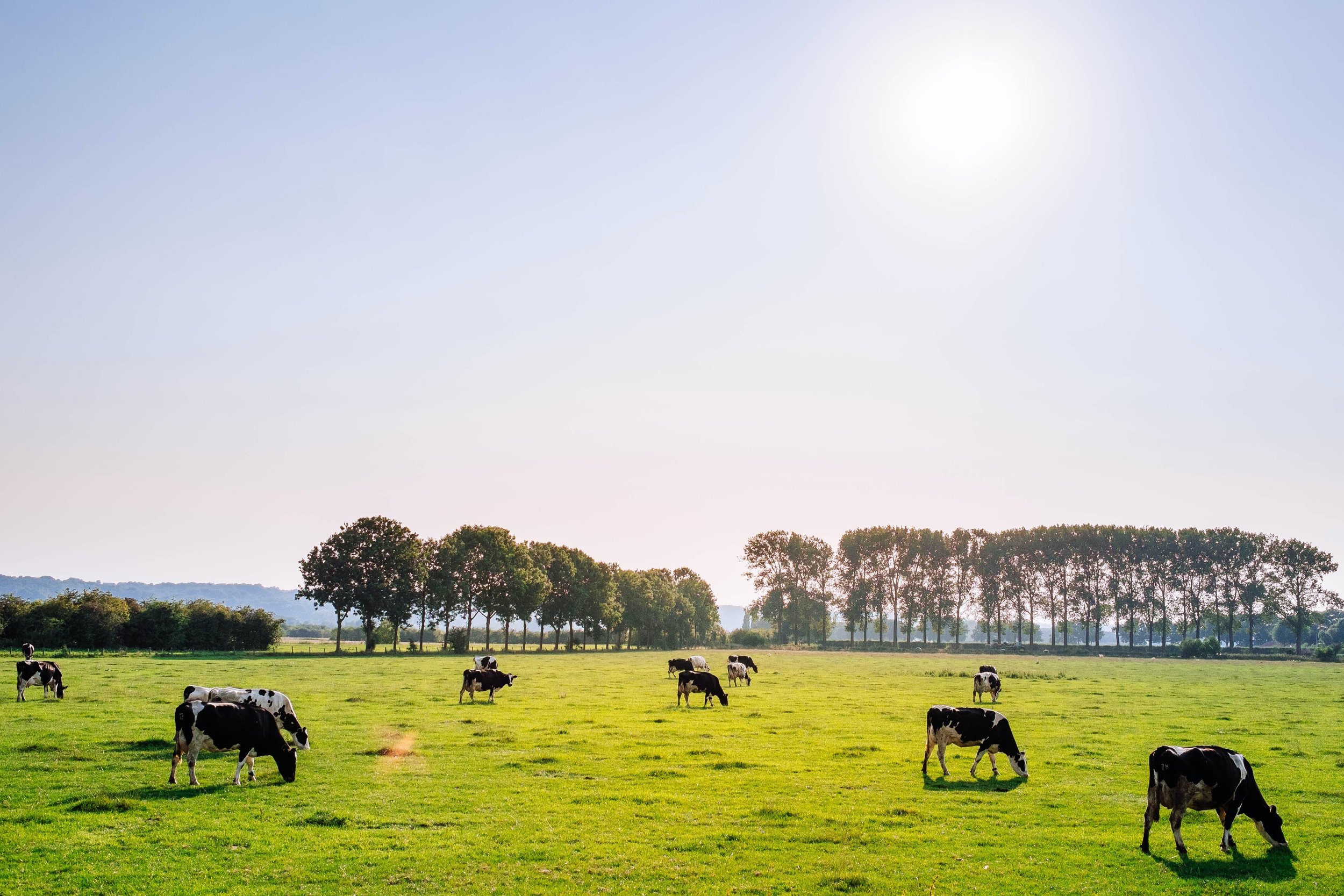Expansion of the Sustainable Farms and Fields Program
Carbon Washington continues to promote effective and efficient policies for a sustainable agricultural industry in Washington. The Sustainable Farms and Fields Program, established by the Legislature in 2020, is an example of how collaboration between farmers, legislators, and citizens can drive change. The program is designed to enhance carbon sequestration and reduce global greenhouse gas (GHG) emissions in Washington agriculture while promoting the optimal health and productivity of crops and soils.
Progress and Achievements
Under the management of the Washington Conservation Commission, the Sustainable Farms and Fields grant program has experienced significant growth, with over $3 million invested in 73 projects to date. These projects are generating tangible results and range from shared equipment purchases to cutting-edge precision agriculture endeavors. Noteworthy projects include large-scale biochar applications and innovative projects aimed at reducing methane emissions through manure separation.
These diverse projects go beyond emissions reduction. They actively contribute to global mitigation efforts and are improving resilience to climate-related challenges such as droughts, floods, and other environmental stressors.
The many additional benefits of these efforts include improved air and water quality, enhanced soil health, and the creation of expanded habitats for wildlife, pollinators, and fish. Moreover, the adoption of precision agriculture is playing a pivotal role in reducing fossil fuel consumption, further reducing greenhouse gas emissions. As a positive side effect, these climate-smart practices are enabling producers to achieve cost savings in their farming operations.
At the same time, Conservation Districts in Washington are collaborating closely with individual producers to explore opportunities for carbon storage and GHG reduction. This collaborative effort represents a proactive approach towards sustainable agriculture and underscores the commitment to environmentally-responsible farming practices.
Caption: A summary of how the Sustainable Farms and Fields program allocated resources across Washington State. Source: Washington Soil Health Initiative.
Budget Growth and Future Prospects
Looking forward, Washington’s commitment to sustainable agriculture is reflected in an additional $30 million in proviso funding for the Sustainable Farms and Fields Program in the state's 2023-2025 biennial budget. This financial injection aims to broaden the program's scope and impact, specifically through grants for the acquisition of anaerobic digesters and other equipment crucial for mitigating greenhouse gas emissions from livestock operations. This large investment, made possible by Washington’s Climate Commitment Act, reflects the satisfaction of both the executive and legislative branches with the program's management and impact.
Challenges and Future Advocacy
While the Sustainable Farms and Fields Program has made significant strides, two proposed expansions in the 2023 legislative session did not pass. Carbon Washington advocated for SB 5484, which aimed to broaden the scope of the Sustainable Farms and Fields program to include reducing emissions in farming operations and to establish a network of Sustainable Farms and Fields advisors. There is hope that SB 5484 will be reintroduced in the upcoming legislative session or possibly in 2025.
We also supported HB 1574 which sought to expand the program's focus to include reducing emissions from livestock operations. This bill did not pass, but the in proviso budget mentioned earlier largely covers HB 1574.
The Sustainable Farms and Fields Program represents a critical step in transforming Washington's agriculture into a carbon-neutral and more environmentally sustainable industry. As the program gains traction and recognition, there is hope that agriculture in Washington can transition from being a significant net emitter of greenhouse gases to actively sequestering carbon in soils, trees, seaweed, and other vegetation.
By supporting and expanding this program, we can all be a part of this promising future. Carbon Washington and its dedicated partners will continue to advocate for sustainable farming practices. With your support, we will continue to focus on spurring innovation and transformative change in the agricultural sector.
Together, we can help shape a brighter tomorrow for the State's farming communities and the environment.


